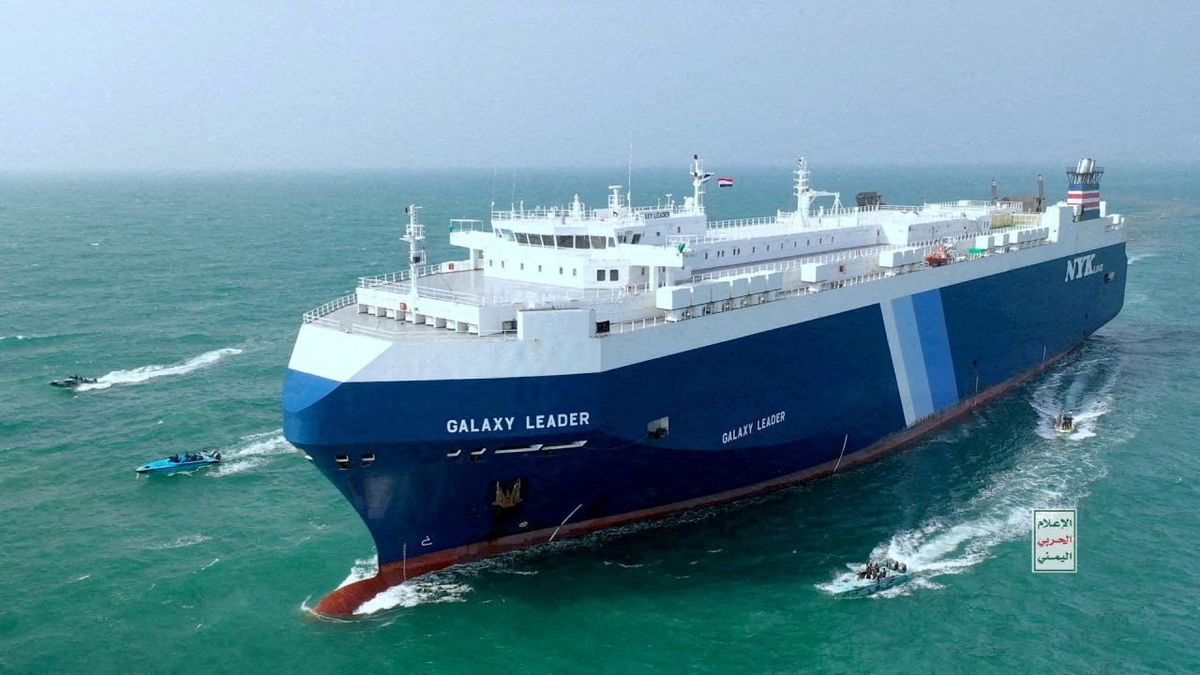In Davos, Yuvraj Narayan, the deputy CEO of Emirati logistics company DP World, warned that the cost of goods heading to Europe from Asia will be significantly higher because of the Houthi attacks on shipping in the Red Sea. With inflation finally starting to ease, the prospect of consumers once again feeling the pinch is unwelcome. But will they?
There are certainly signs that the disruption is persuading shippers to add thousands of miles to their journeys by heading around the Cape of Good Hope, rather than braving the Red Sea and Suez Canal, a detour that adds up to at least seven days from Asia to Europe and an extra million dollars in fuel.
Container traffic was down almost 70% on the Red Sea route in December, according to the Kiel Institute for the World Economy. The knock-on effect saw EU exports fall 2% and imports drop 3.1% in December, while global trade was down 1.3% overall. Also, standard shipping containers have more than tripled in price as they start to become in short supply.
The pain is being felt by manufacturers waiting for parts and countries like Egypt, which earns billions a year in transit fees, but many multinationals have their shipping costs covered by existing contracts and have not felt the pain. But if the crisis is contained in the first half of this year, many economists don’t see lasting consequences for global trade, given the relatively small portion of the price of expensive consumer goods or energy that are made up from shipping costs.
“The situation today is not comparable to the environment during the Evergiven accident in the Suez Canal and the coronavirus pandemic, when lockdowns led to a drastic reduction in the supply of goods, and demand in Europe exploded at the same time,” said Julian Hinz, director of Trade Policy Research Centre at Kiel. “Apart from slightly longer delivery times for products from the Far East and increased freight costs … no negative consequences for global trade are to be expected.”
The saving grace is that the oil price remains relatively benign, despite the war in Gaza and the Houthis’ actions. The price has rumbled around the high $70s for the past year and even dipped slightly after Oct. 7.
The real concern for most economists is if the conflict escalates into a shooting war with Iran, which would send oil prices rocketing. Iranian Foreign Minister Hossein Amir-Abdollahian was also in Davos and reassured the global elite that attacks by “the Axis of Resistance,” including the Houthis, would stop if the war in Gaza ended. “The security of the Red Sea is tied to developments in Gaza, and everyone will suffer if Israel’s crimes in Gaza do not stop,” he said, sending a signal of how business is done in Tehran these days.



















